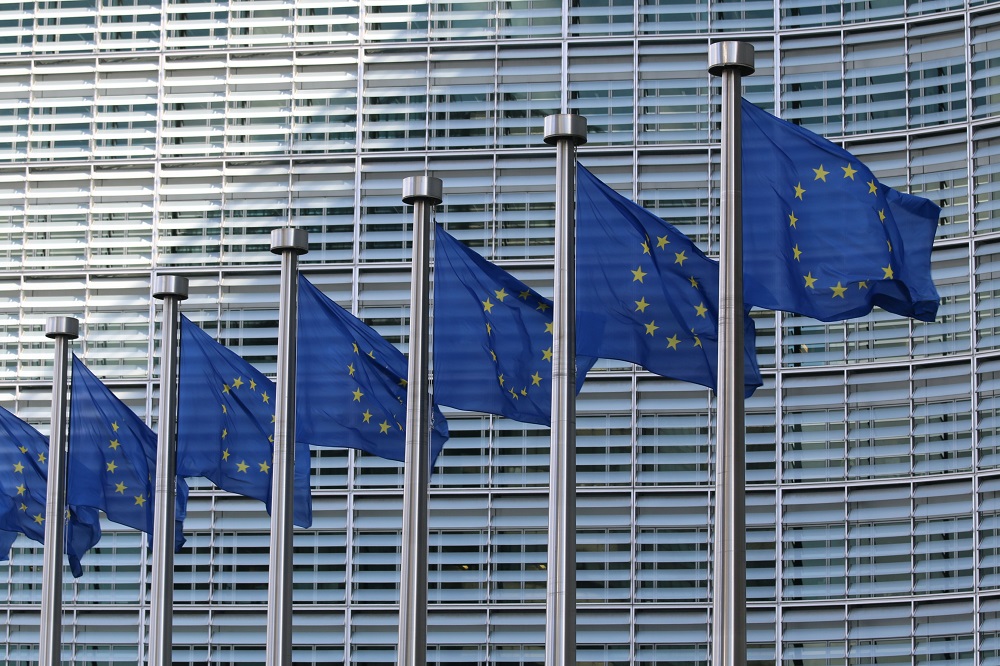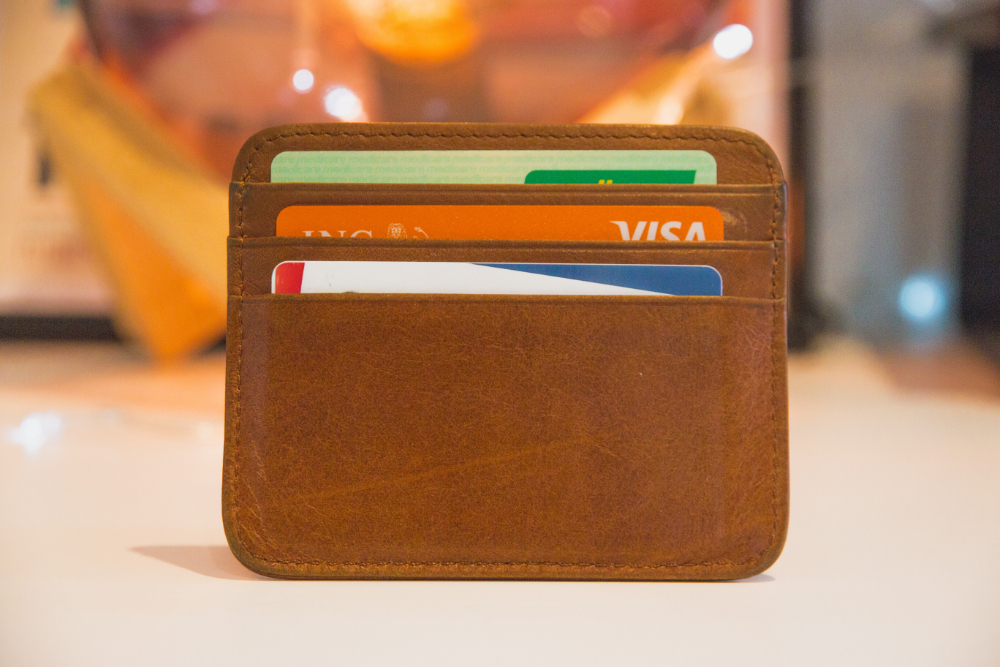Negative interest rates are being considered for the first time by the Bank of England – a U-turn from the rate setter’s previous position.
Up until a week ago, BoE governor Andrew Bailey was squarely against the move, but according to the FT, this is now something the bank is considering. Whether it will be implemented will depend on how coronavirus affects the economy in future.
The UK has never had negative interest rates but plenty of others have.
The European Central Bank, which sets rates for the 19 nations using the Euro, has moved into the sub-zero territory more than once.
In Denmark, a bank even offered a negative interest mortgage last year, where you pay back less than you borrowed, in response to the interest rate changes there.
Obviously, things are purely speculative at the moment. But if the BoE does turn to negative interest rates, a number of things might happen.
First, interest rates for current and savings accounts will almost certainly drop. Commercial banks track their interest rates to the BoE’s rates, and when this falls, theirs follow. Many of the biggest banks have already slashed their rates to a negligible 0.1%.
Second, there might be more availability of mortgages – and cheaper ones at that – because negative interest rates are designed to encourage banks to lend. What the housing market does next will have a big effect on what mortgage products are made available as well.
What it means for you…
Theoretically, nothing at the moment. Before interest rates go negative, the BoE will likely drop it from the current base rate of 0.1% to zero first, or use other ways to stimulate the economy.
But it could be an indicator of things to come.
If you have money tucked away in an instant access savings account that you’re not planning to use for a while, now would be a good time to think about locking the money away in a fixed rate saving account for at least a year.
It could be prudent to do it either way given how much interest rates on savings accounts have been slashed already.
By the way, there is nothing to stop you from having multiple fixed rate savings accounts. So why not, say, put £1,000 in a one-year account and £2,000 in a five-year one? Just adjust the amounts and the lengths according to when you think you might need a big chunk of money.
If you have an upcoming mortgage renewal, it’s definitely worth signing up for a fixed-rate one while the interest rate is low. Mortgage rates are likely to continue to fall but they are unlikely to become negative in the UK.
Most tracker mortgages have been withdrawn from the market already and those that remain have been repriced so they might not offer as good a deal in the long run.




